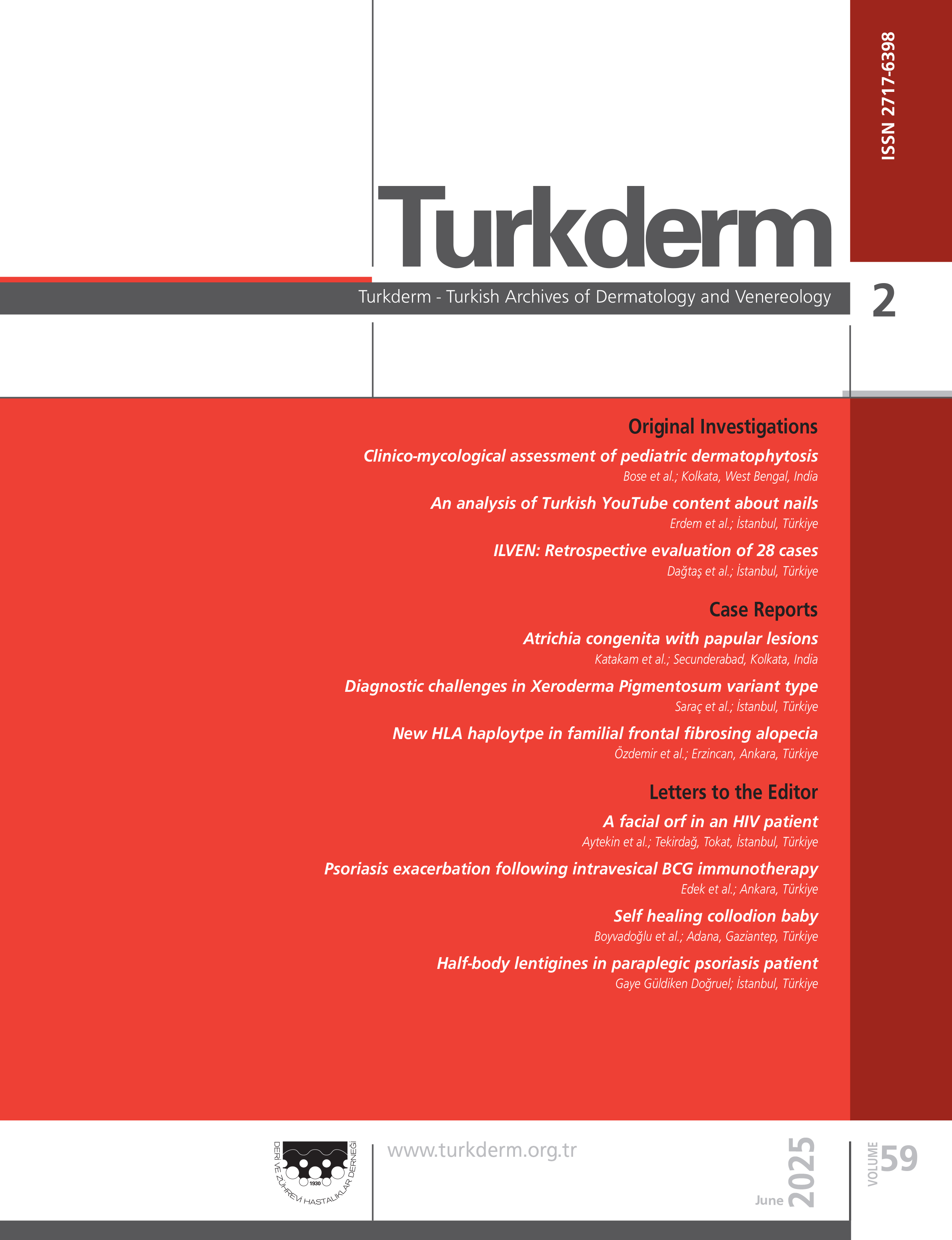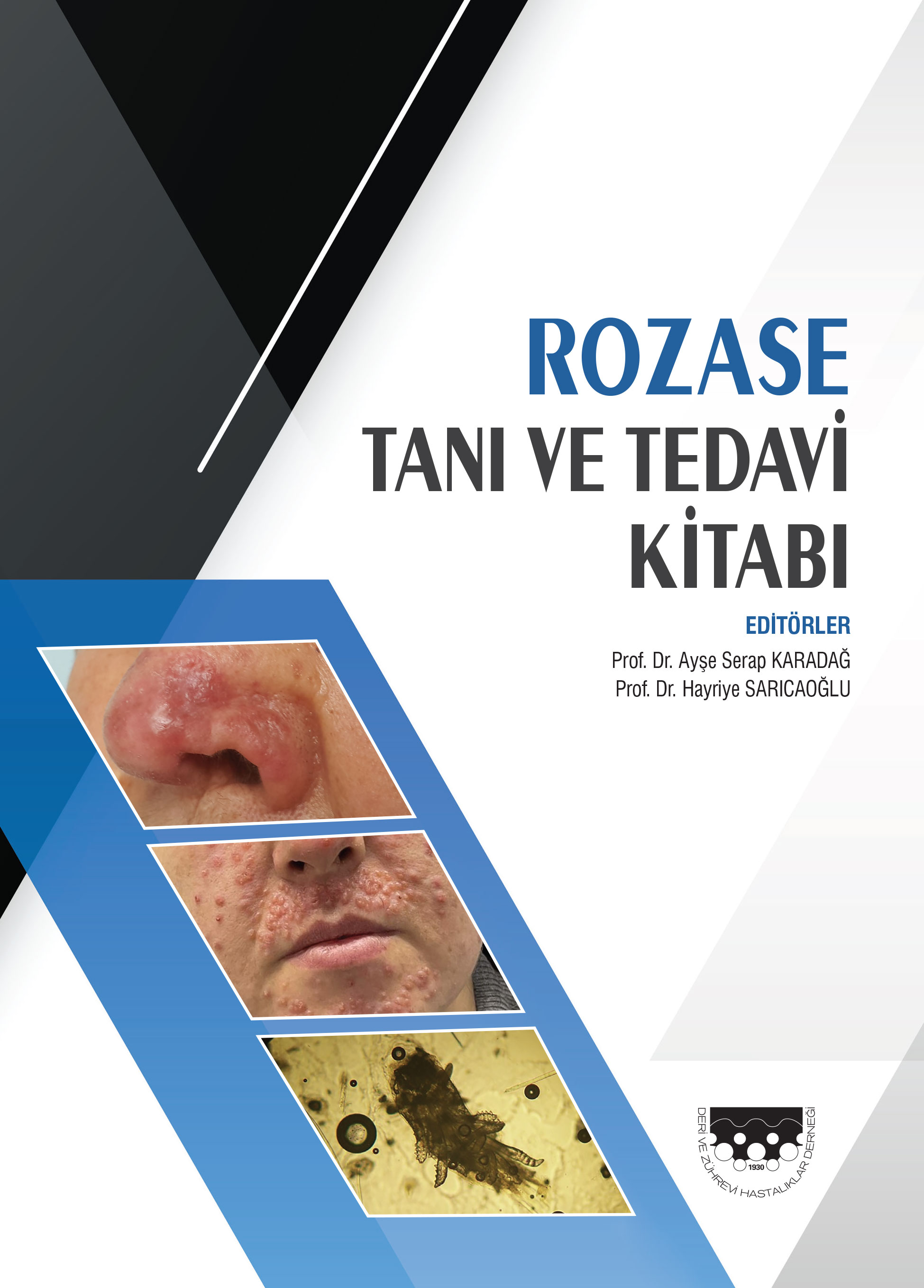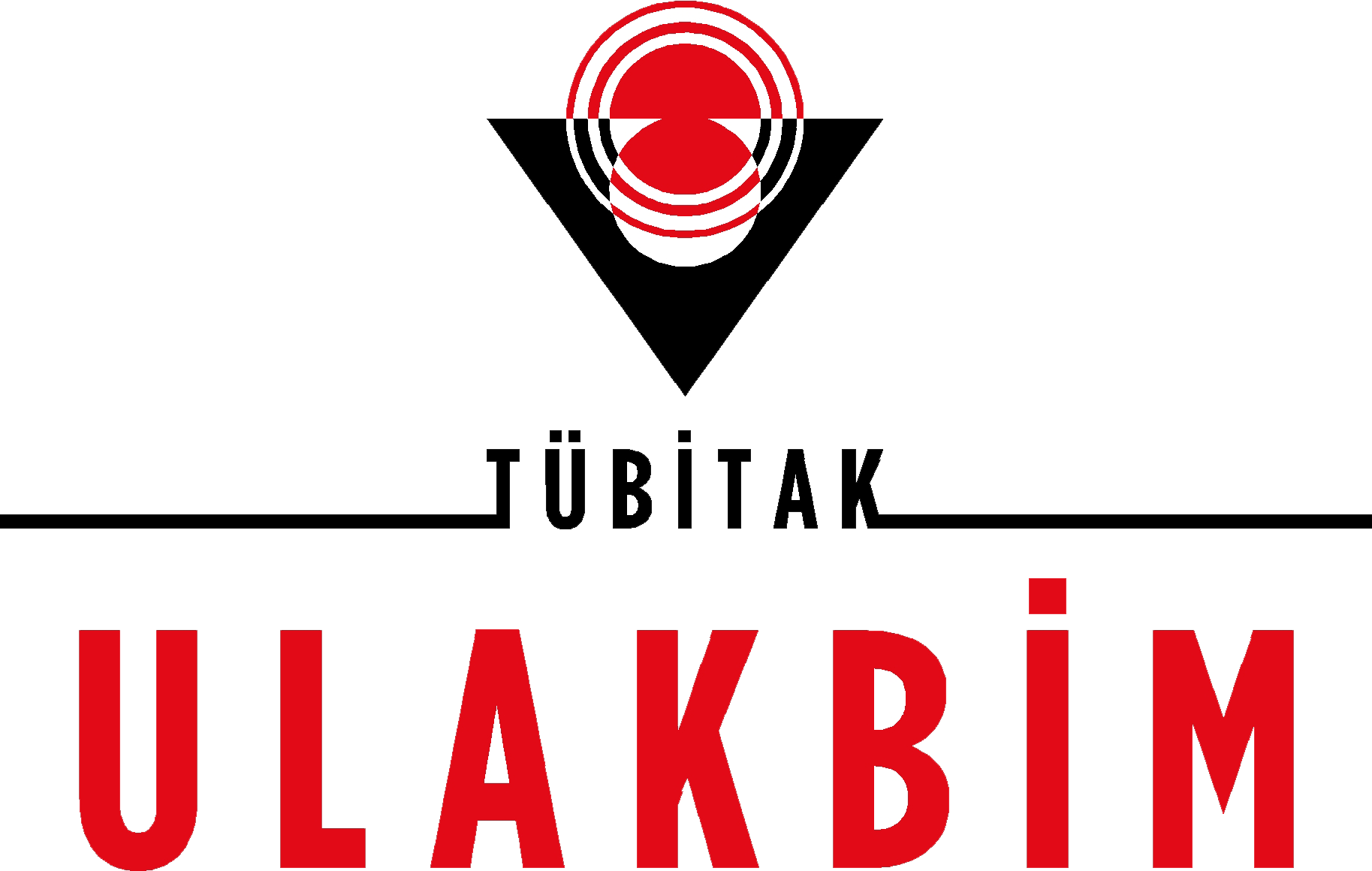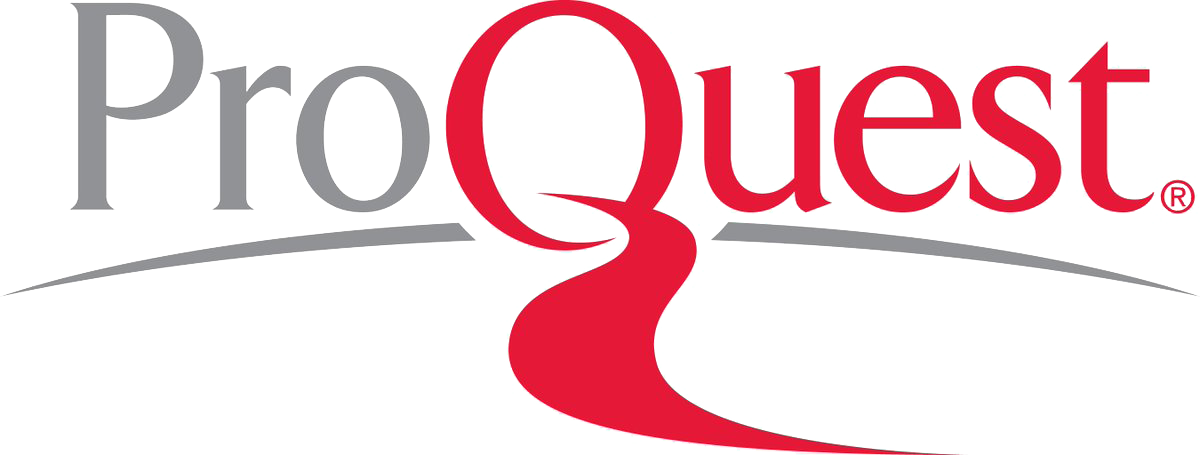Evaluation of the risk factors for Maskne: Mask-use habits and facial care habits
Zeynep Altan Ferhatoğlu, Defne Özkocaİstanbul University-Cerrahpaşa, Cerrahpaşa Faculty of Medicine, Department of Dermatology and Venerology, İstanbul, TürkiyeBackground and Design: Maskne has become a problem since the beginning of the coronavirus disease-2019 pandemic and it is a common diagnosis in the everyday practice of dermatologists. This study aims to determine the risk factors of maskne, which is a type of mechanical acne; and to determine its impact on the quality of life.
Materials and Methods: A total of 105 patients with acne complaints were included in this prospective study. The daily mask use habits and facial routines of the patients, along with their age, gender, skin type, disease severity (calculated by Global Acne Evaluation Scale), and the impact on quality of life (evaluated by the Acne-Specific Quality of Life questionnaire) were noted.
Results: Maskne severity was independent of the patients age, disease duration, duration of mask use, the daily number of masks used, mask type, using two masks at once; and the mask-ventilation or facial cleansing habits. Maskne risk increased with make-up frequency, whereas it decreased with the application of facial moisturizers. Quality of life decreases significantly due to maskne in female patients.
Conclusion: Patients may be advised to regularly apply moisturizer to their faces and avoid the use of make-up to prevent maskne. In the presence of maskne, female patients may be willing to seek treatment more because their quality of life deteriorates more than that of the males.
Maskne için risk faktörlerinin incelenmesi: Maske kullanım alışkanlıkları ve yüz bakımı alışkanlıkları
Zeynep Altan Ferhatoğlu, Defne Özkocaİstanbul Universitesi-cerrahpaşa, Cerrahpaşa Tıp Fakültesi, Deri Ve Zührevi Hastalıkları Ana Bilim DalıAmaç: Maskne pandemi süreci ile sık rastlanan bir dermatolojik şikayet olmuştur. Bu çalışmadaki amacımız maskne için risk faktörlerini saptamak ve masknenin yaşam kalitesi üzerindeki etkisini saptamaktır.
Gereç ve Yöntem: Maskne tanısı mevcut olan toplam 105 hasta bu çalışmaya dahil edildi. Her hastanın günlük maske alışkanlıkları ve yüz bakım rutinleri ile beraber yaş, cinsiyet, deri tipi, hastalık şiddeti (Küresel Akne Değerlendirme Ölçeğine göre) ve yaşam kalitesi üzerindeki etkisi (Akneye Özel Yaşam Kalitesi ile ölçülerek) not edildi.
Bulgular: Maskne şiddeti hastanın yaşı, hastalık süresi maske kullanım süresi, günlük maske sayısı, maske tipi, çift katlı maske kullanımı, maske havalandırma sıklığı ve deri temizliğinden bağımsız bulunmuştur. Düzenli makyaj yapmak maskne riskini artırmaktadır. Düzenli nemlendirici kullanımı ise maskne şiddetini azaltır. Maskne kadın hastalarda yaşam kalitesini önemli derecede azaltır.
Sonuç: Hastalarımızı makyaj kullanımını azaltmak ve yüz bölgesine nemlendirici kullanımını arttırmak şeklinde yönlendirerek maskne şiddetini azaltabiliriz. Maskne kadın hastaların yaşam kalitesini daha fazla etkilemekte olduğu için kadın hastalar erkek hastalara nazaran tıbbi yardıma daha sık başvurmaktadırlar.
Manuscript Language: English























